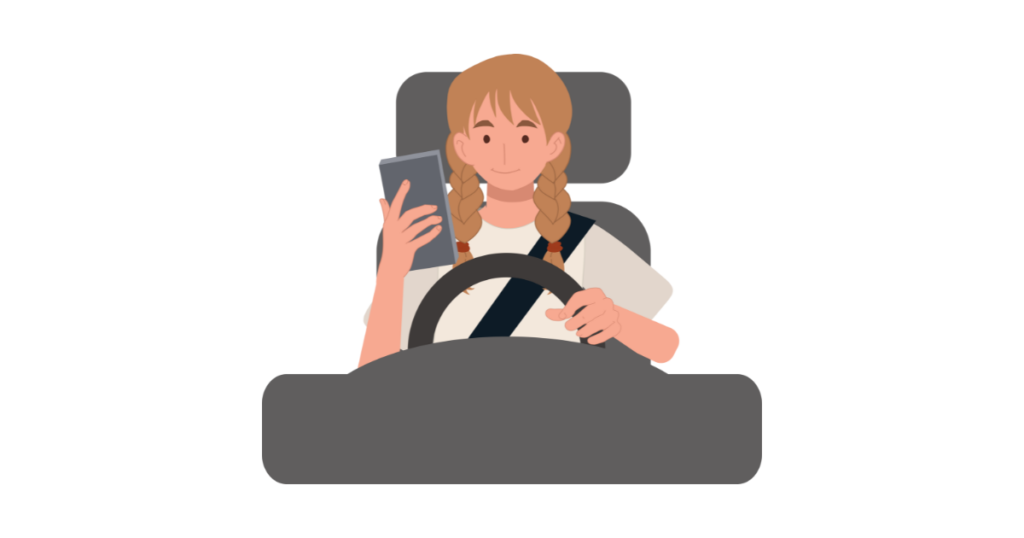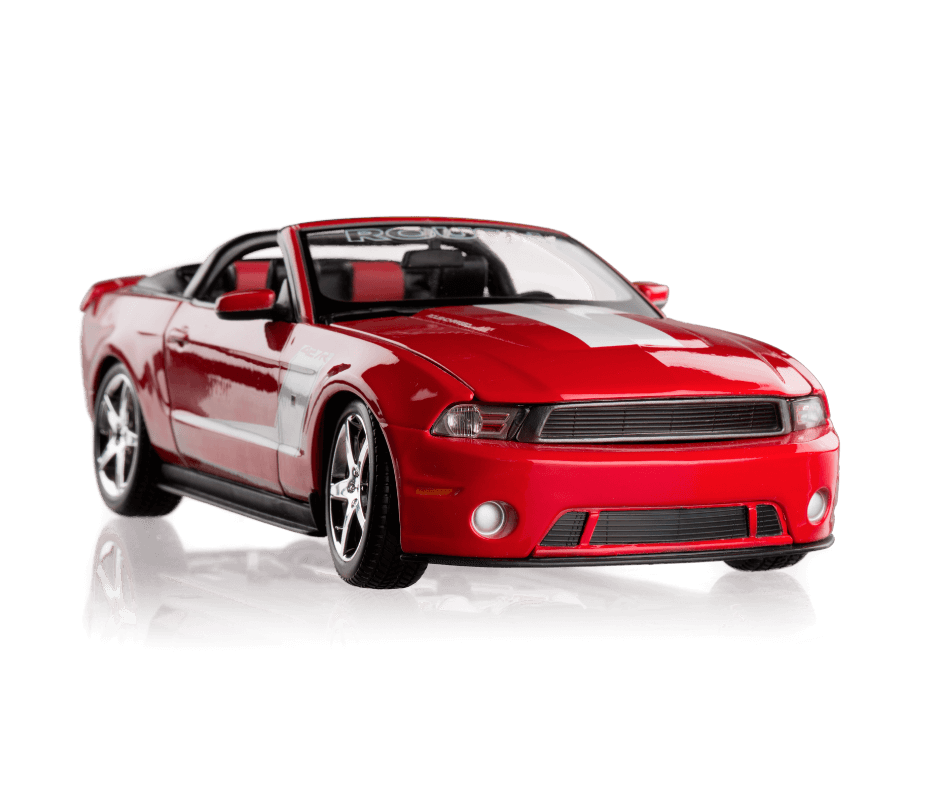Full Coverage Car Insurance: Back To The Basics
What is *Full Coverage Car Insurance? Full Coverage is Liability + Comprehensive/Collision. This typically protects you, and your vehicle, and what you may be legally liable for.
How is this different from Liability-Only Car Insurance? Liability only pays for any damages or bodily injuries that you may cause – up to the liability limits of course. It does NOT cover you or your vehicle.
Full Coverage is usually recommended for newer vehicles, sometimes even required if you have a lienholder or are financing. This is because Collision will protect your vehicle if your involved in a collision with another vehicle or object, while Comprehensive covers non-collision incidents such as theft and natural disasters.
For example:
Let’s say you have full coverage car insurance and you get into an accident where you’re deemed at fault and your vehicle has a considerable amount of damage. Here’s how each aspect of your full coverage insurance might take effect:
- Liability – Your liability coverage would help pay for any bodily injuries or property damage you caused to other people in the accident, such as damage to another person’s vehicle or medical expenses that may have occurred.
- Collision – Your collision coverage would help pay for any repairs to your own vehicle, even though you were at fault for the accident. Most likely, you may have a deductible that need’s to be paid before your insurance kicks in to cover the rest of the repairs. Most deductibles are between $500-$1,000 depending on what you chose.
- Comprehensive – If your car was damaged by something other than a collision, such as a fallen tree or animal, your comprehensive coverage would help pay for the restoration. Again, you may need to pay a deductible before your insurance kicks in.

*It’s important to note that Full Coverage does not include Roadside Assistance, Towing, and/or Rental Expenses. These are separate coverages that can be added onto any full coverage policy for an additional price.
Coverage Options
| Liability | Pays for damage you cause – up to your limits |
| Collision | Protects your vehicle |
| Comprehensive | Protects your vehicle |
| Uninsured/Underinsured Motorist | Protects you against an uninsured driver or someone who doesn’t have enough coverage to cover all the damages |
| Personal Injury Protection (PIP) | Covers medical expenses and lost wages, regardless of who’s at fault |
| Roadside Assistance | Provides assistance if your car breaks down |
| Rental Reimbursement | Reimburses you for the cost of a rental car while you car is being repaired |
Insurance Rate Comparison
It’s a tough thing to compare insurance rates when so many factors play a role. Below is a list of common factors that insurance companies take into consideration.

Frequently Asked Questions About Full Coverage Car Insurance
Q1: What does full coverage car insurance include?
A1: Full coverage car insurance typically includes several types of coverage, such as liability coverage, collision coverage, comprehensive coverage, uninsured/underinsured motorist coverage, and sometimes additional coverages like roadside assistance and rental car reimbursement. It offers a broad range of protection for your vehicle and others on the road.
Q2: Is full coverage car insurance mandatory?
A2: Full coverage car insurance is not mandatory in most states. However, state laws typically require a minimum amount of liability coverage to drive legally. While full coverage is optional, it provides more extensive protection for your vehicle and is often recommended, especially if you have a new or valuable car.
Q3: What factors can affect the cost of full coverage car insurance?
A3: Several factors can influence the cost of full coverage car insurance, including your driving history, the make and model of your vehicle, your location, your age and gender, and your coverage limits. Additionally, your credit score and the presence of safety features in your car may also impact your insurance premiums.
Q4: What does full coverage mean on a car?
A4: Full coverage on a car typically refers to a combination of insurance policies that provide comprehensive protection. This includes liability insurance, which covers damage to others caused by the insured vehicle, as well as collision and comprehensive insurance, which cover damage to the insured vehicle itself due to accidents, theft, vandalism, and other risks.
Q5: What is the cheapest full coverage car insurance?
A5: The cheapest full coverage car insurance varies based on individual circumstances such as driving history, vehicle type, and location. To find the most affordable option, it’s recommended to compare quotes from multiple insurance companies. Providers like Progressive, Dairyland, and National General often offer competitive rates.
Q6: What is the best coverage for car insurance?
A6: The best coverage for car insurance depends on individual needs and circumstances. Generally, a policy that includes liability, collision, and comprehensive coverage is considered robust. However, factors like the value of your car, driving habits, and financial situation should guide your decision. Consulting with insurance agents can provide personalized guidance to ensure adequate protection.
Insurance Coverage By State
When it comes to auto insurance, each State is different. Each have their own laws and requirements. So choose your State below to read about full coverage car insurance in your home state.
INSURANCE SERVICES WE OFFER

Homeowners Insurance
Homeowners, renters, and mobile home owners: make sure you have the protection you need.
Last Updated on by Amanda Moss





